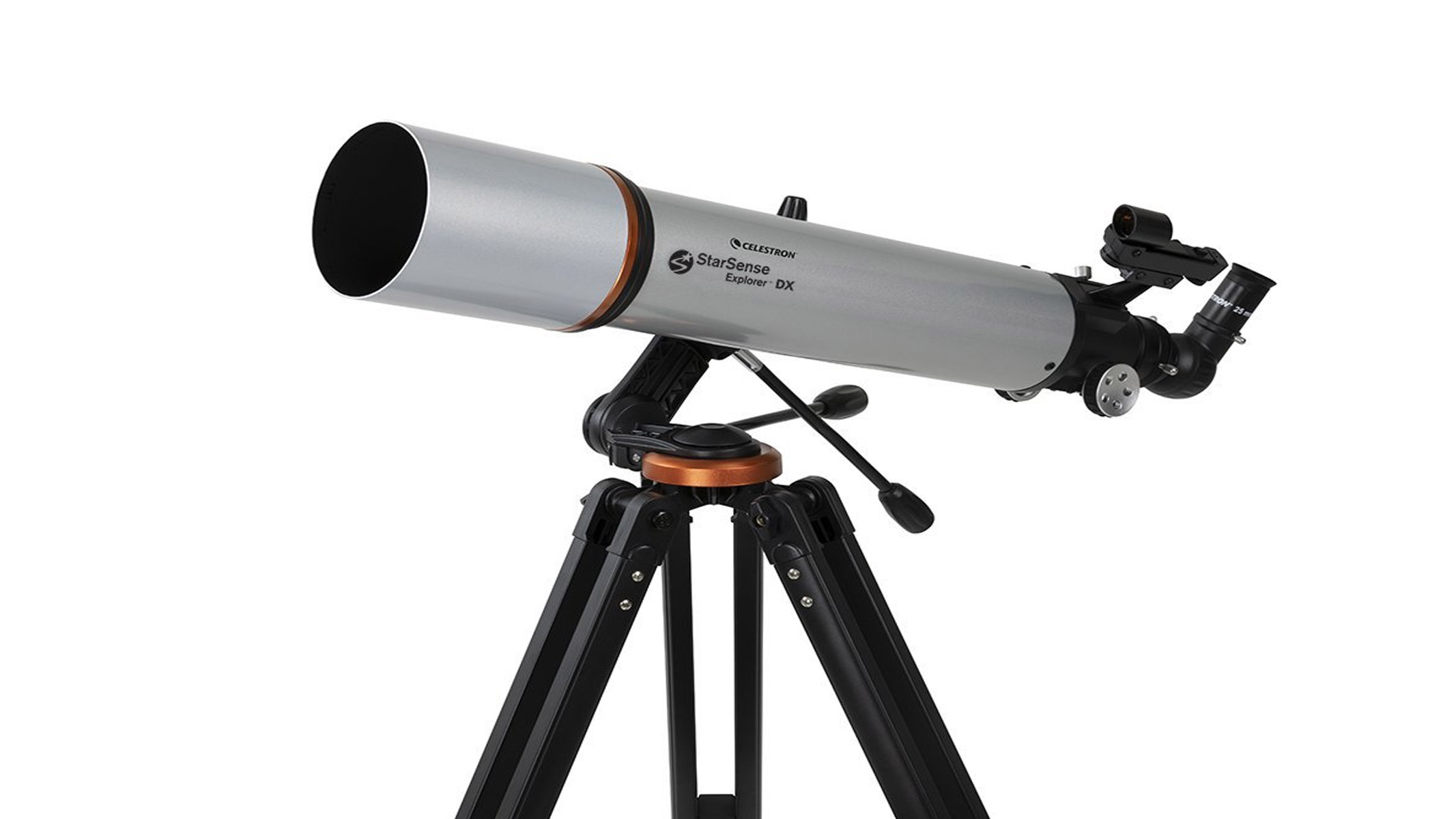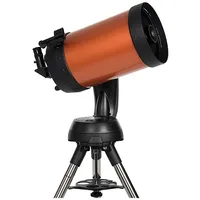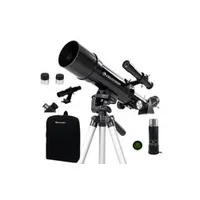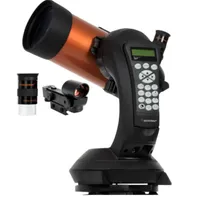Telescopes at Walmart in 2025: Best deals this festive season
We've rounded up the best deals on telescopes at Walmart and now that we're in the holiday season, you could stand to save even more.

It's time to start exploring the cosmos with a range of night sky events coming up over the next couple of months that you won't want to miss. Walmart offers a range of telescopes, including great picks under $500, meaning you can afford to upgrade your stargazing gear in preparation. Walmart is one of the big retailers that will be offering discounts across skywatching gear on the holiday period, so watch out for savings on skywatching gifts.
We regularly update this guide to ensure you'll find reliable deals and quality products every time you visit. We cover deals on telescopes for beginners just starting out to seasoned astronomers looking to expand their collection. Scroll down to discover the top telescope deals at Walmart and start your stargazing journey today!
If you don't find the right telescope here, check out our guides to telescopes on Amazon and Best Buy or explore recommendations for the best telescopes, binoculars and more.
Telescopes at Walmart in 2025
Telescopes at Walmart: Best deals 2025
Read moreRead less▼
Get a great low price on the Celestron NexStar 8SE Computerized Telescope. It features an 8-inch primary mirror, allowing for a clearer, more detailed view of your night sky target. We think it's the best motorized telescope.
Note: The before price has been spiked massively to make it look like a better deal but the price to pay is a good one.
Read moreRead less▼
Bag a bargain on this refractor telescope that could be the perfect choice for getting into star gazing. It's suitable for both kids and adults and features fully-coated glass optics, a 60mm objective lens, two eyepieces, a 3x Barlow lens and a free download of astronomy software. This comes pre-built and is a low-risk investment from a reliable manufacturer.
Note: This isn't technically a deal but was previously on sale for a similar price.
Read moreRead less▼
Save $295 on the Celestron Nexstar 4SE today. It's perfect for those starting out on their stargazing journey, with us rating it as the best for beginners. It can auto-find objects for you while offering a high-quality build.
Note: The price appears to be have been spiked a little, to $100 more than Celestron's own RRP, but this still a good deal.
Buying advice

When buying a telescope you need to consider two main factors: Your budget and what you want to view. The latter's particularly important, because some telescopes are better suited to viewing moons and planets than to gazing at far-off galaxies.
There are three main types of telescopes out there, and figuring out what you want to view will help you decide what type of telescope you will need. Those types are refractors, reflectors and catadioptric telescopes.
For beginners, refractor telescopes are often a popular choice due to their easy-to-maintain and use style. They're straightforward to use and easy to manufacturer, which means they're generally cheaper, putting them well within the reach of new stargazers.
Reflector telescopes tend to have larger apertures and are better for low-magnification targets like nebulas and galaxies. You get two types of reflector telescopes: Dobsonians and Newtonians, although there's some crossover between these. In brief, though, Dobsonians are easier to maintain and often found attached to the alt-azimuth mount. Newtonians are more commonly affixed to equatorial mounts, which allow you to follow the rotation of the night sky more accurately, but they require more upkeep.
Finally, catadioptric telescopes fix issues found in both of the above types of scope – such as chromatic aberration and the coma effect – and they are typically equipped with a GoTo system. These systems are essentially mini-computers that align your telescope to particular night sky objects.
You get two types of catadioptrics, the Schmidt-Cassegrain and the Maksutov-Cassegrain. As a rule, the latter is better for viewing planets, while the former models are a little more versatile and feature bigger apertures, so they’re preferred by astrophotographers. However, these telescopes do tend to be relatively expensive.
Breaking space news, the latest updates on rocket launches, skywatching events and more!
Ruth has worked across both print and online media for five years, contributing to national newspaper titles and popular tech sites. She has held a number of journalist roles alongside more senior editorial positions, and was formerly acting as a commissioning editor for Space.com until 2022.
- Chris McMullenContributing Writer
- Alexander CoxE-commerce Staff Writer
You must confirm your public display name before commenting
Please logout and then login again, you will then be prompted to enter your display name.




